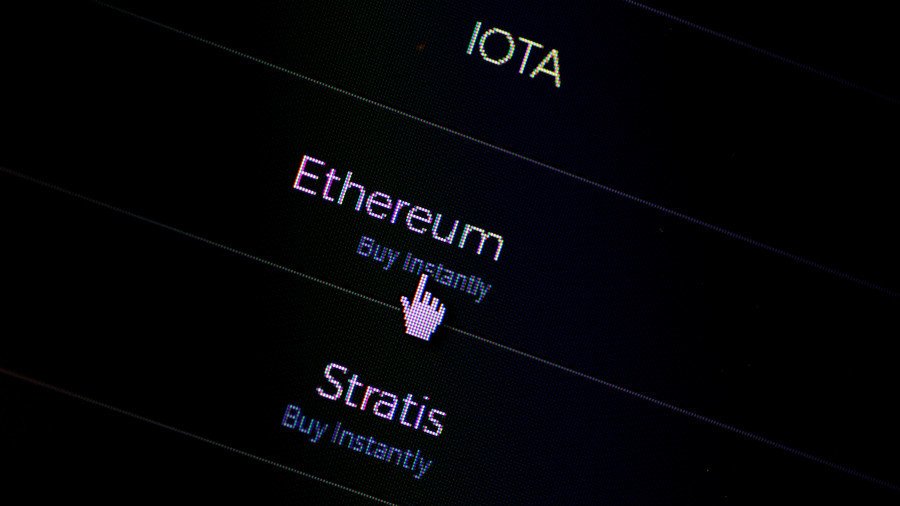Vegetable-based cryptocurrency pulls exit scam, leaves ‘penis’ behind

A cryptocurrency startup, which promised to revolutionize the fruit and vegetable industry, has apparently pulled an exit scam, shutting down its website and leaving only the word “penis” to greet duped investors.
Prodeum – an ICO (Initial Coin Offering) built on Ethereum – was exposed as a scam after all data was removed from its website, prodeum.io, except the word “penis.” The link to the website now redirects to a bitcoin related Twitter page.
Doesn't look like @ProdeumProject is sticking to the roadmap.https://t.co/qDsnJdlufLpic.twitter.com/w61XRZfR18
— The Blockchain Dog📈 (@TheCryptoDog) January 28, 2018
The company’s Twitter account is no longer in existence and Prodeum’s page has also been removed from Token Desk – a website that promotes various ICOs. An ICO is the unregulated means by which funds are raised for a new cryptocurrency venture.
The Prodeum project claimed to be based out of Vilnius, Lithuania, according to a press release and its whitepaper. “Startup company Prodeum.io is about to revolutionize the fruit and vegetable industry with the use of Ethereum blockchain technology,” the press release stated.
The project apparently wanted to change standards in price look-up (PLU) codes to include a detailed history of the produce along with pricing information. The reasoning behind this was a growth in health conscious consumers who were interested in knowing where their fruit and vegetables came from.
“People want to know if the produce they are buying has been exposed to harmful pesticides or pollutants,” a quote from the press release said. The company claimed it was also in discussions with the International Federation for Produce Standards.
Prodeum outlined its bigger ambitions in its whitepaper – among them FDA approval.
“One of the biggest goals for Prodeum is to create an FDA-approved process for implementing aPLU (advanced PLU) codes onto pieces of products.”
The document says the concept was first pitched in July 2017 while tokens were created on the Ethereum blockchain in January 2018. Plans were in line to carry out advanced PLU trials in Lithuania followed by the USA later this year. However, almost all signs of the venture have now disappeared.
It’s not clear how many investors were duped by the short lived scam, but it appears to be minimal. Its entry on ICO Watchlist indicates Prodeum completed 18 percent of its funding goal. Meanwhile the address given for ICO fundraising shows there were fewer than 50 transactions made in total.
A user claiming to be behind the scam said on a forum that Prodeum was a failure, only making $3,000. The supposed creator apologized and vowed to refrain from future scams. “Remember that all ICOs are scams,” the message concluded.
At the end of the white paper the Prodeum team are named with links to their LinkedIn profiles. The profile of Petar Jandric, who is listed as Senior Ethereum Developer, is no longer available.
Another individual listed as lead engineer and strategist has posted on his LinkedIn profile to explain he was the victim of identity theft and to clarify he had no connection with the project.
ICOs Gone Wild #prodeumpic.twitter.com/FQFINTF74Y
— starsprout (@starsprout) January 29, 2018
lololololol it looks like Prodeum was paying people from Fiverr to write its name on their bodies pic.twitter.com/501JVdpKZM
— Ryan Mac (@RMac18) January 29, 2018















